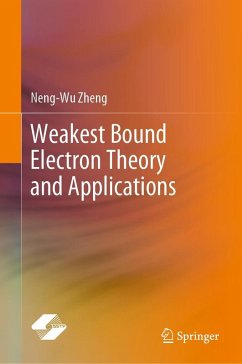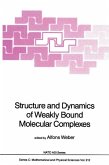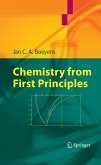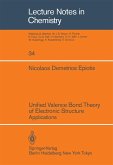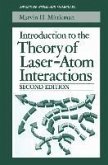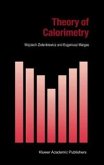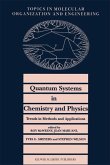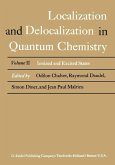This monograph describes the new quantum theory called the weakest bound electron theory (WBE theory) proposed by Prof. Neng-Wu Zheng and its applications. It starts with the fundamentals of quantum mechanics and then illustrates the key points of WBE theory and the mathematical expressions of WBE theory. Finally, it presents a wide range of applications of WBE theory to the chemical and physical properties of atoms and molecules, including energy levels, transition properties, the difference law of ionization energies etc. It appeals to a broad readership, particularly researchers and academics in chemistry, physics, and materials science.
Dieser Download kann aus rechtlichen Gründen nur mit Rechnungsadresse in A, B, BG, CY, CZ, D, DK, EW, E, FIN, F, GR, HR, H, IRL, I, LT, L, LR, M, NL, PL, P, R, S, SLO, SK ausgeliefert werden.

